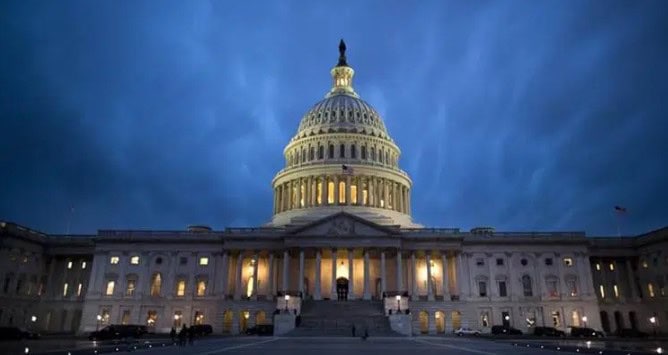
The Trump administration is discussing whether to block Chinese companies from listing shares on U.S. stock exchanges, the latest push to try to sever economic ties between the United States and China, according to people familiar with the deliberations.
The internal discussions are in their early stages and no decision is imminent, these people cautioned.
The talks come as senior officials from both countries are scheduled to resume trade negotiations in Washington early next month. President Donald Trump, who has continued to give mixed signals about the prospect of a trade deal with China, said earlier this week that an agreement could come “sooner than you think.” His decision to delay an increase in tariffs until mid-October and China’s recent purchases of U.S. agricultural products has fueled optimism that the talks could produce an agreement.
But the prospect of further limiting U.S. investment in China underscores the challenge that the two sides will continue to face even as they try to de-escalate a trade war that has shaken the global economy. The administration has already increased scrutiny of foreign investment with a particular eye toward China, including expanding the types of investments that can be subject to a national security review.
Last week, the Treasury Department unveiled new regulations detailing how a 2018 law, the Foreign Investment Risk Review Modernization Act, will work to prevent foreign firms from using investments like minority stakes to capture sensitive American information. And the United States has already blacklisted some Chinese companies, including Huawei.
China hawks within the administration have discussed the possibility of tighter restrictions on listed Chinese companies for many months. Supporters say the efforts would close long-standing loopholes that have allowed Chinese companies with links to its government to take advantage of America’s financial rules and solicit funds from American investors without proper disclosure.
Skeptics caution that the move could be deeply disruptive to markets and the economy and risk turning U.S. investors and pension funds into another casualty of the trade war.
The effect of limiting Chinese firms from raising capital inside the United States could be significant. “The underlying concerns have merit, but how to deal with them without creating a lot of collateral damage is tricky,” Patrick Chovanec, managing director at Silvercrest Asset Management, wrote in a post on Twitter. “Abruptly delisting Chinese firms en masse would clearly send shock waves through markets.”





























